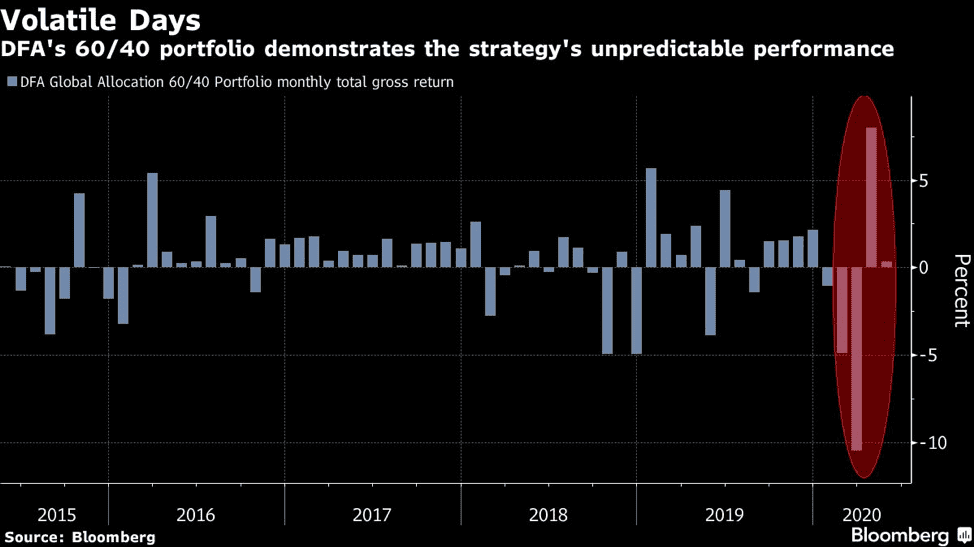With their faith in basic investment strategies shattered, investors are turning to less-liquid private alternatives -- potentially charging into the center of a deepening recession along the way.
Q1 2020 hedge fund letters, conferences and more
JPMorgan Asset Management and Fiera Capital are among those touting the virtues of things like private equity, property and infrastructure in the wake of March’s broad market crash. BNY Mellon says it’s helping managers line up new funds targeting unlisted assets.
Yet these are exactly the type of investments now feeling the full force of the economic crisis brought on by the lockdown of swaths of the world’s population to contain the coronavirus. Some speculate they’re just starting the worst slump in years, spelling trouble for anyone late to the private-asset party.
“It’s no good to be saying in the middle of the crisis that I now need to diversify into real estate or infrastructure,” said Nikesh Patel, the head of investment strategy at Kempen UK. “Because in these markets, the crisis hasn’t happened yet.”
Bloomberg
Blame March’s side-by-side collapse in stocks and bonds for the latest push into alternative assets, a corner of the market destined to be worth $21 trillion by 2025 after adding about $1 trillion a year since 2015, according to PricewaterhouseCoopers LLP.
Classic investment styles -- the backbone for pension funds and retail investors the world over -- work because stocks pegged to growth are counterbalanced by bonds that protect during a downturn. Broken markets in March exploded this basic investing tenet, with strategies balancing 60% stocks against 40% bonds posting their worst returns since the 2008 financial crisis.
Many are seeking an answer in private assets. Their returns are uncorrelated to public markets. And while they’re illiquid and hard to exit, monthly or even quarterly valuations mean they’re more likely to escape the kind of volatility that kills portfolio returns.
“Real assets with reliable non-cyclical cash flows are likely to receive renewed attention from asset allocators,” John Bilton, head of global multi-asset strategy at JPMorgan Asset Management, wrote in a note at the end of April highlighting benefits of private investments.
The trouble is, many are cyclical -- and vulnerable. For instance, social-distancing measures will keep consumers away from shopping malls and office workers cloistered in their homes even after lockdowns ease, which could be bad news for the real-estate sector.
Read the full article here by Ksenia Galouchko, Rachel McGo, Advisor Perspectives


